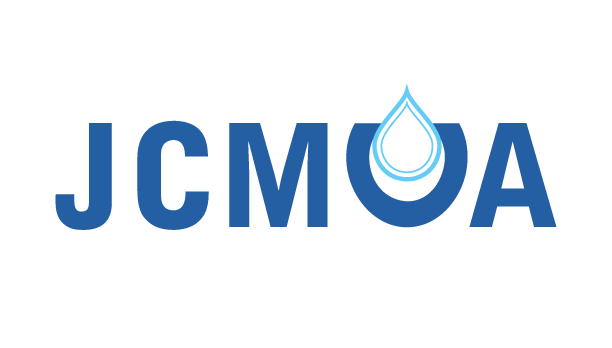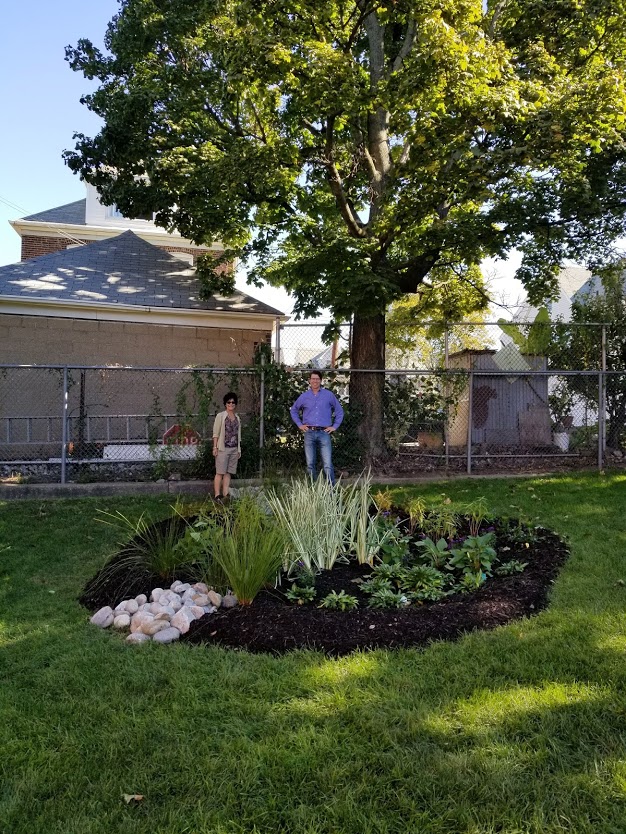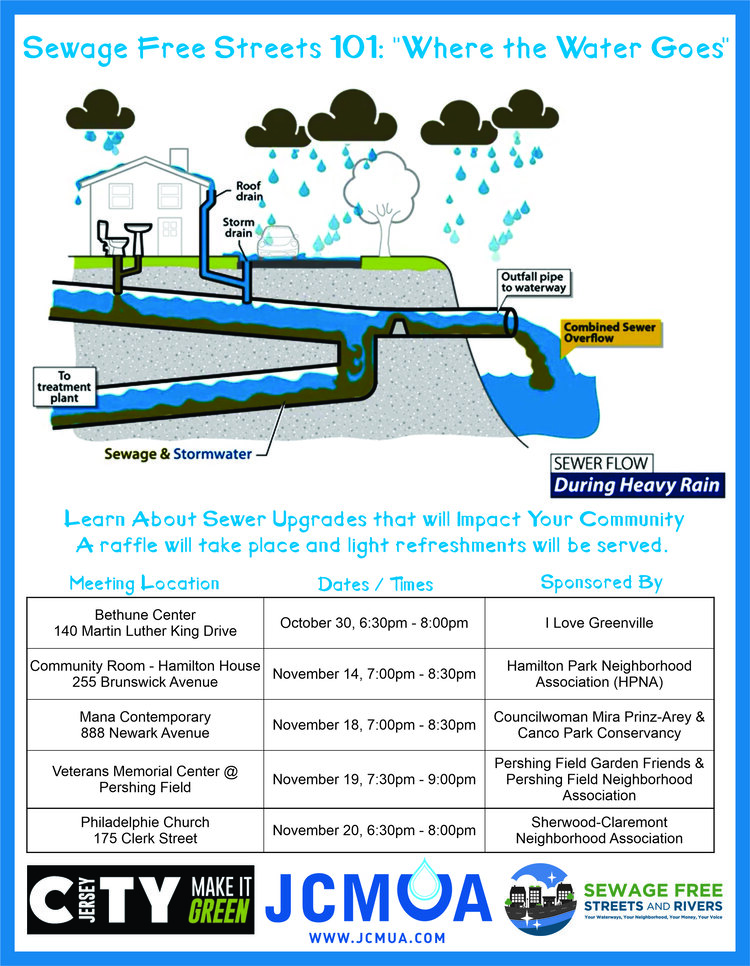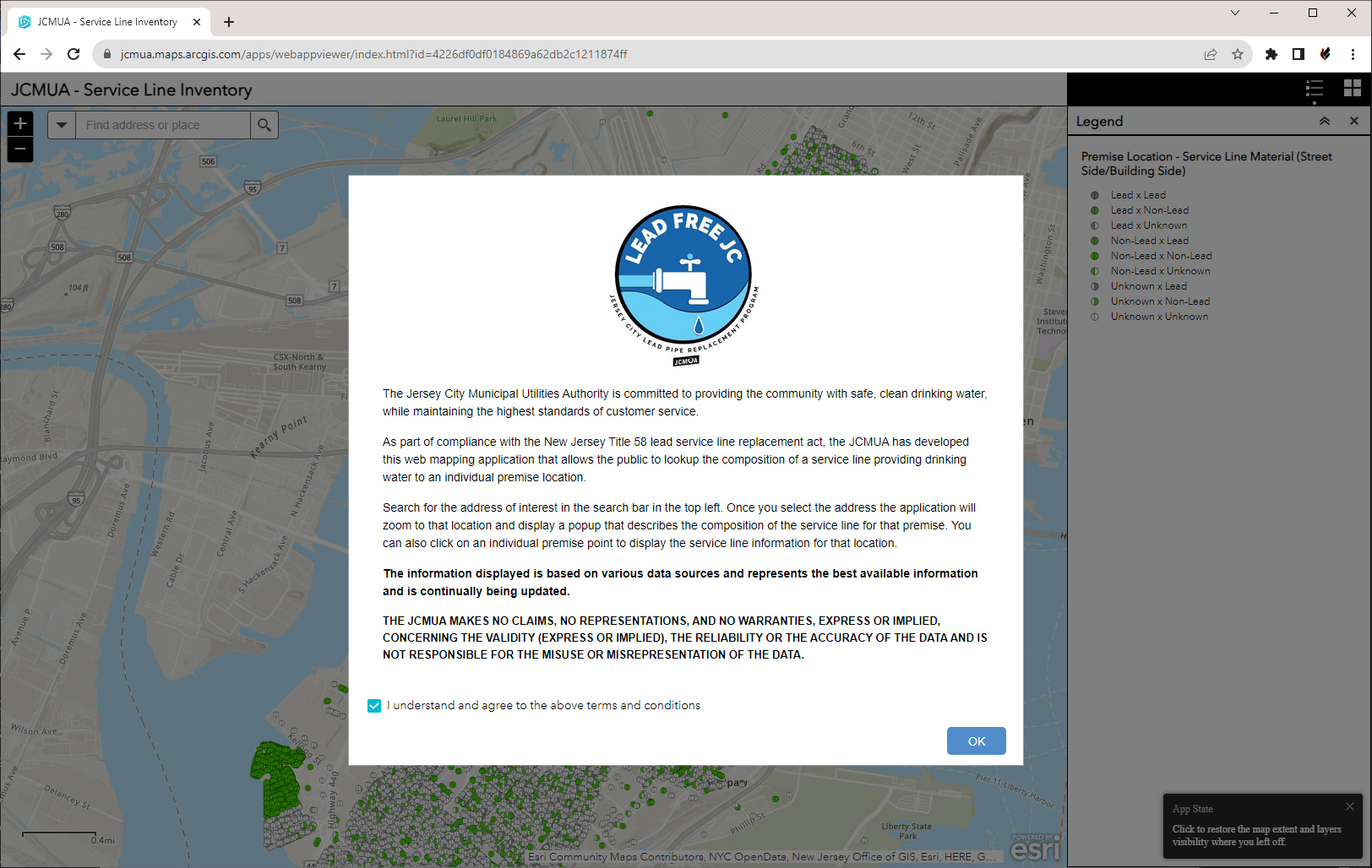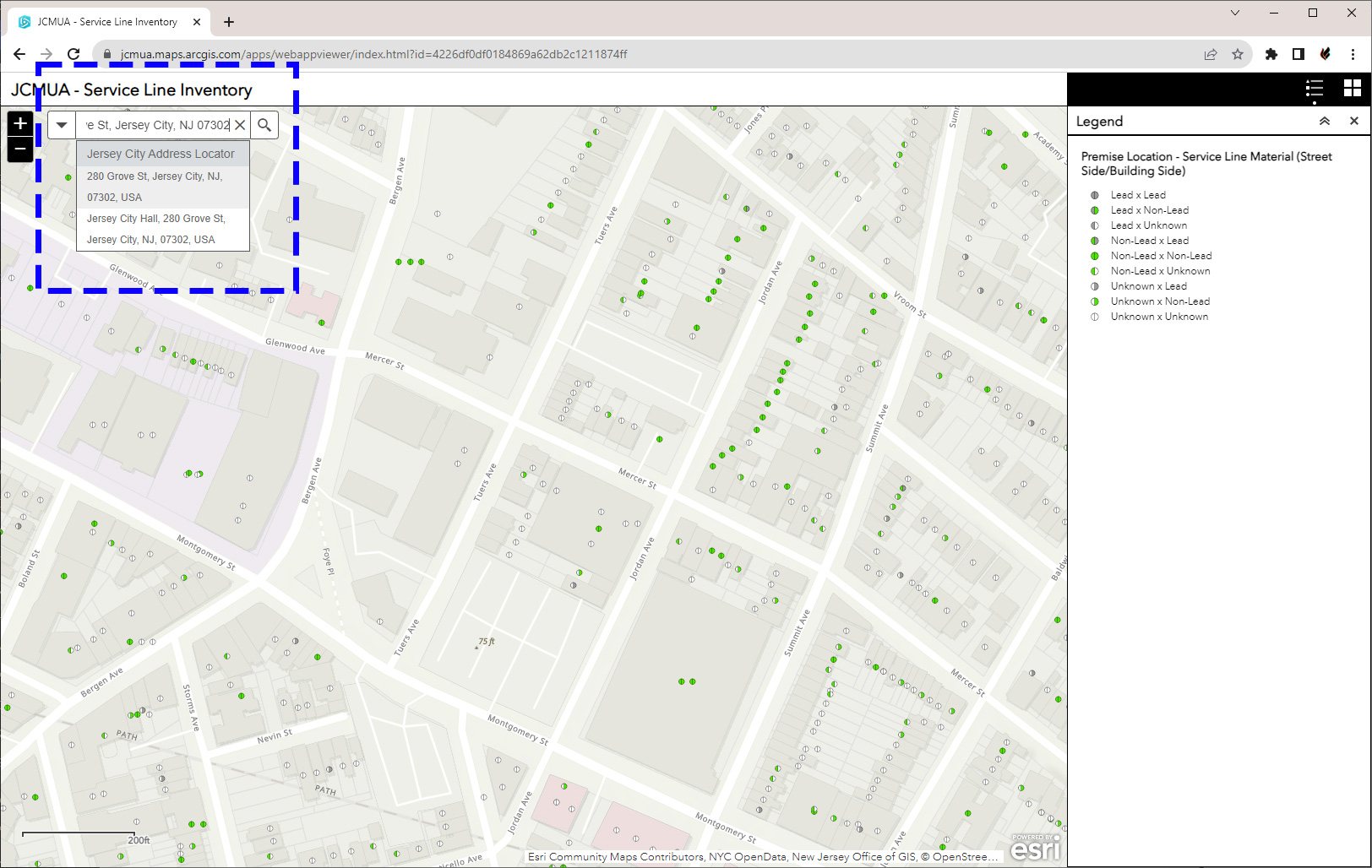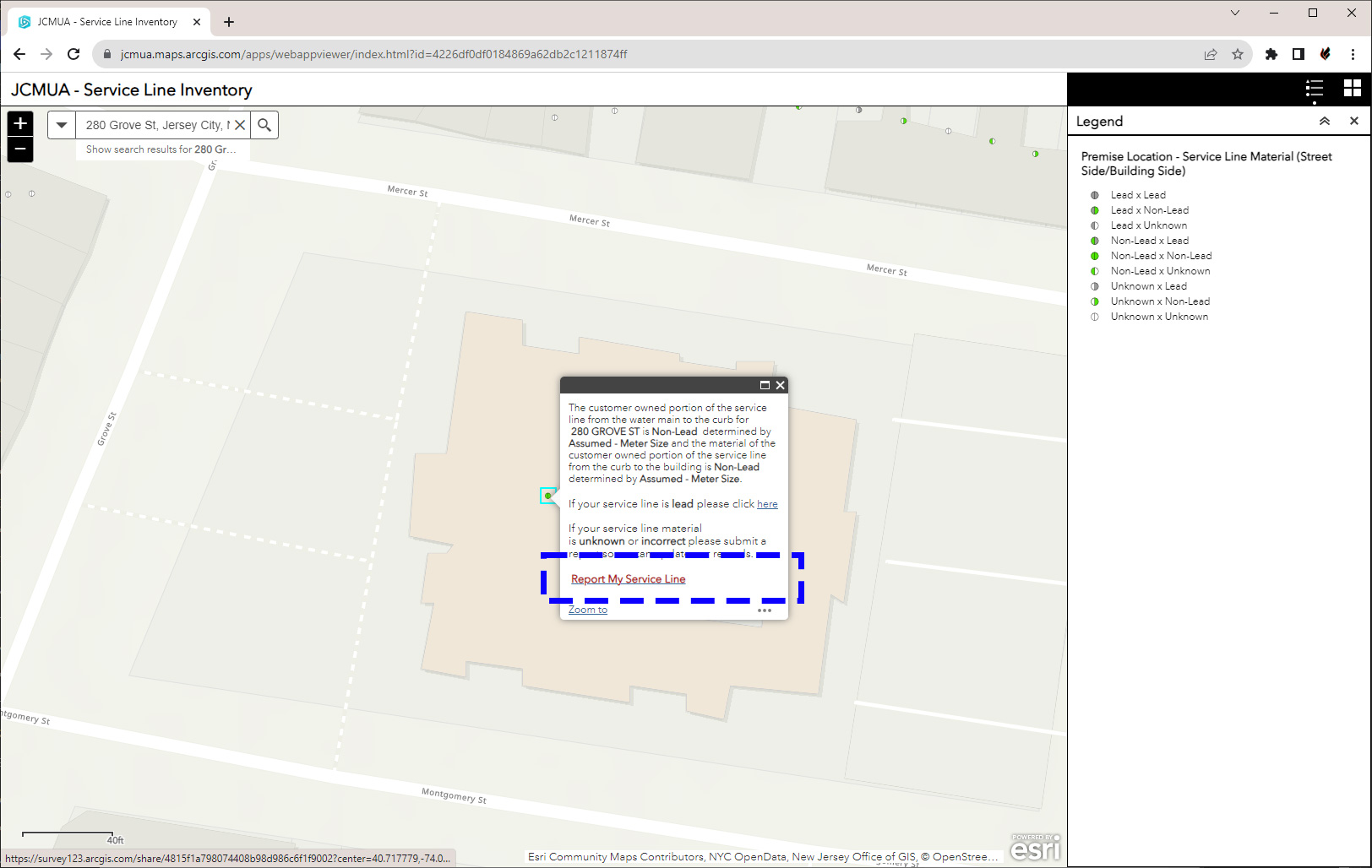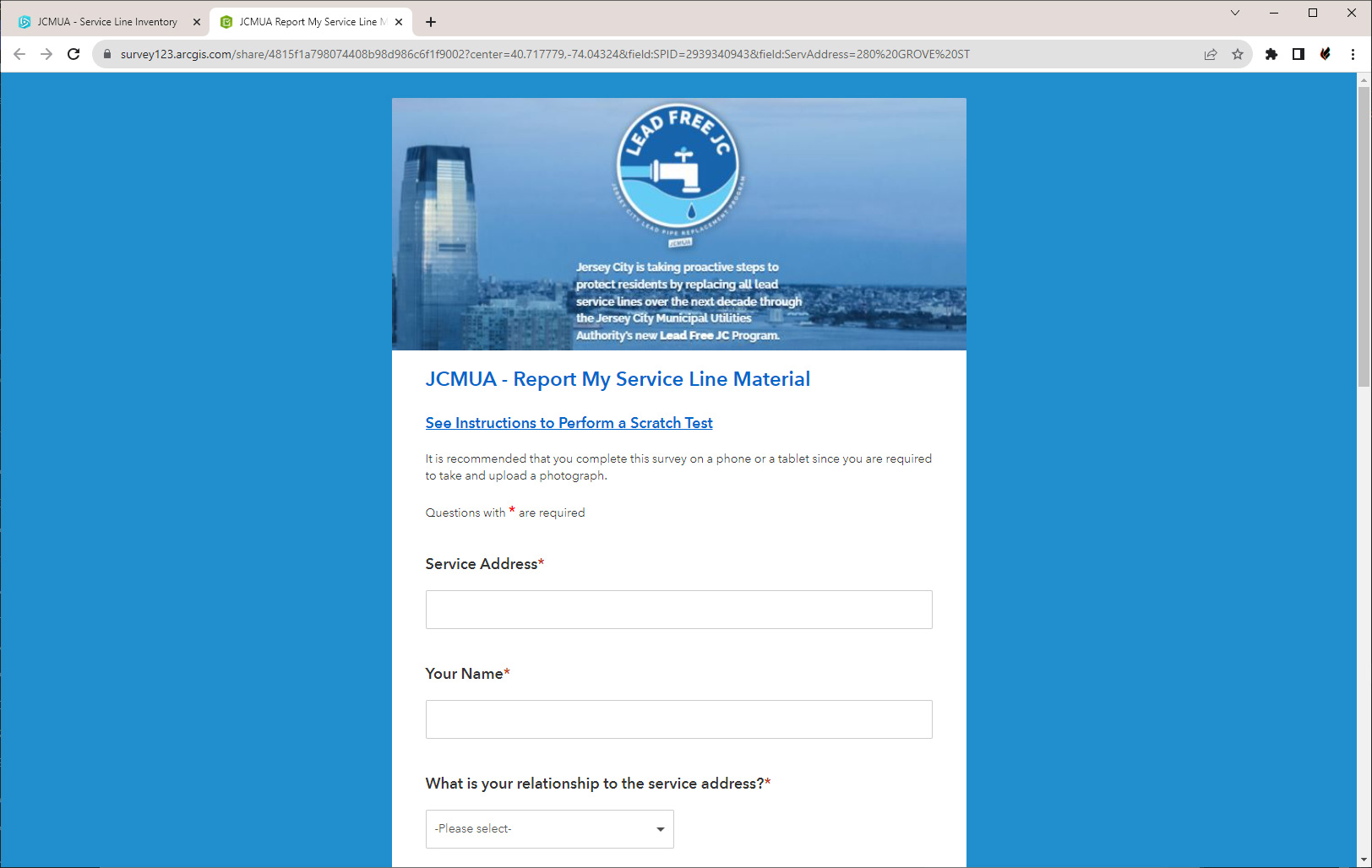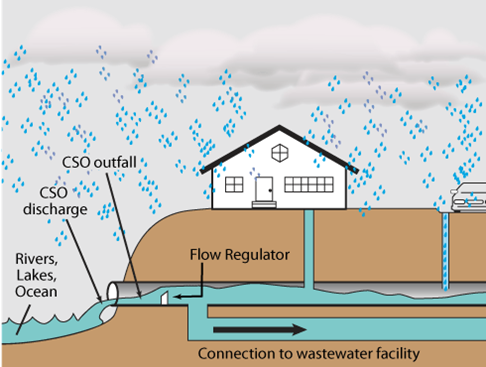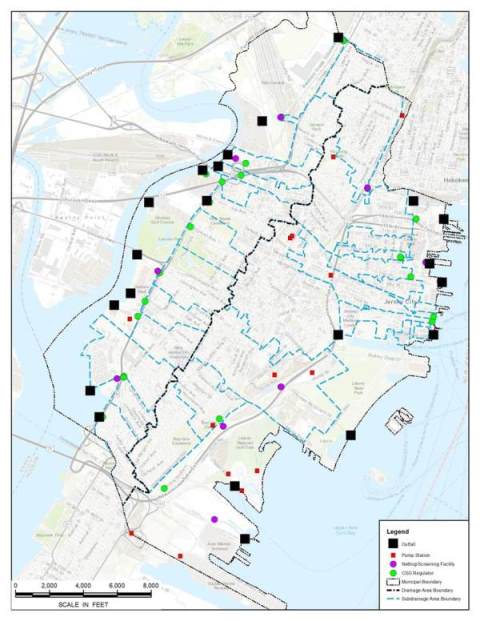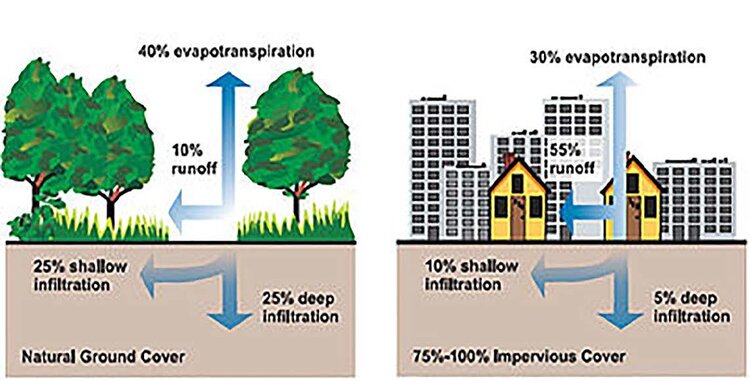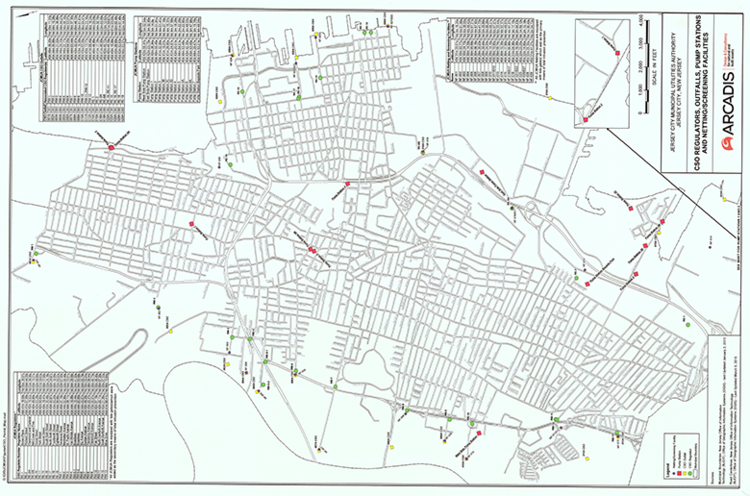Local community organization Sustainable Jersey City (SJC), a collaborative network of green civic minded orgs and individuals, has teamed up with the NJ Tree Foundation to install a rain garden at NJCU Campus as an intervention strategy for building flooding. The project is being funded by the JC Municipal Utilities Authority in support of community led initiatives of green infrastructure design install projects. The rain garden was installed last September 2017.
After an extensive assessment of ongoing flooding issues at the Fine Arts Building, the Earth & Environmental Science Department Faculty and Students created a set of benchmarked data that included soil composition and the directional analysis of both underground tidal activity from the Hackensack River, that seems to seep into the property, and above ground stormwater activity as it flows over the landscape during rain events. The purpose of this analysis was to verify if the rain garden intervention strategy would make an impact. As it turns out, the intervention strategy was successful!
